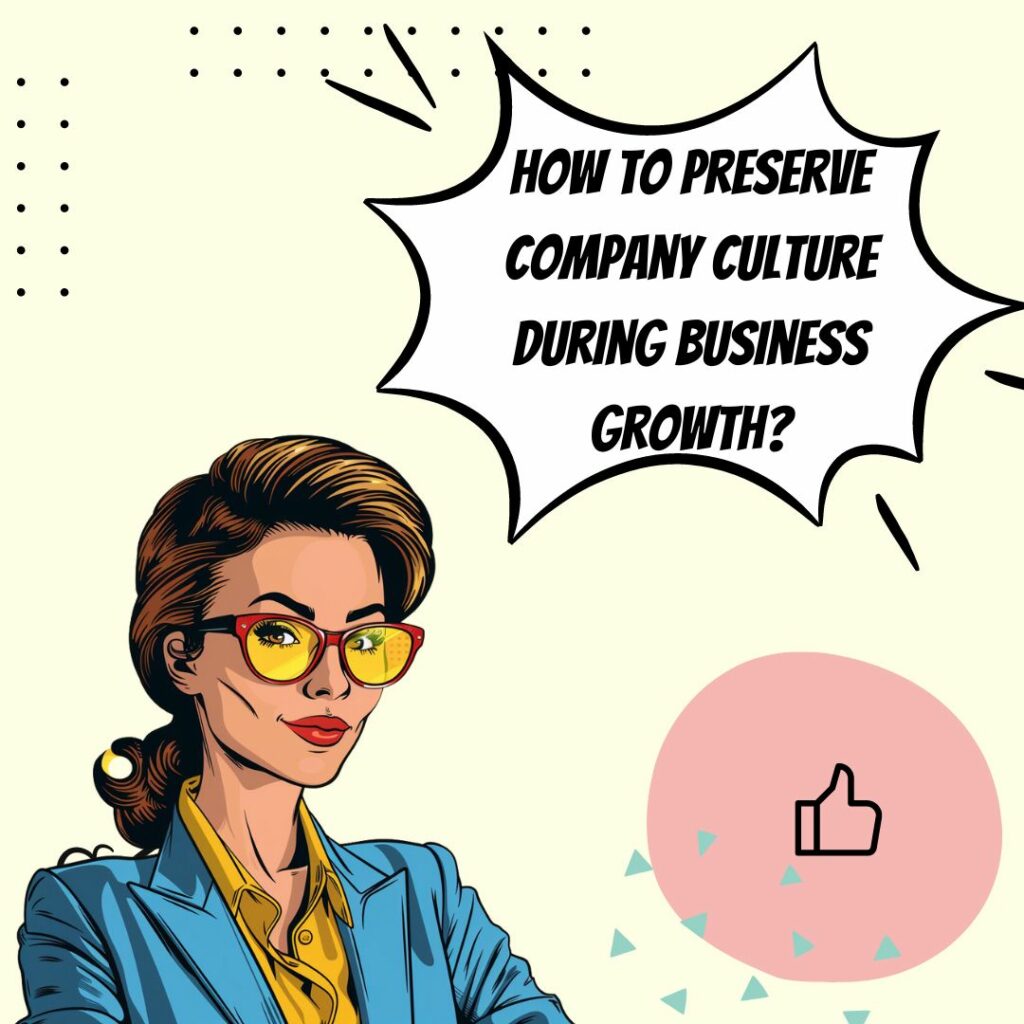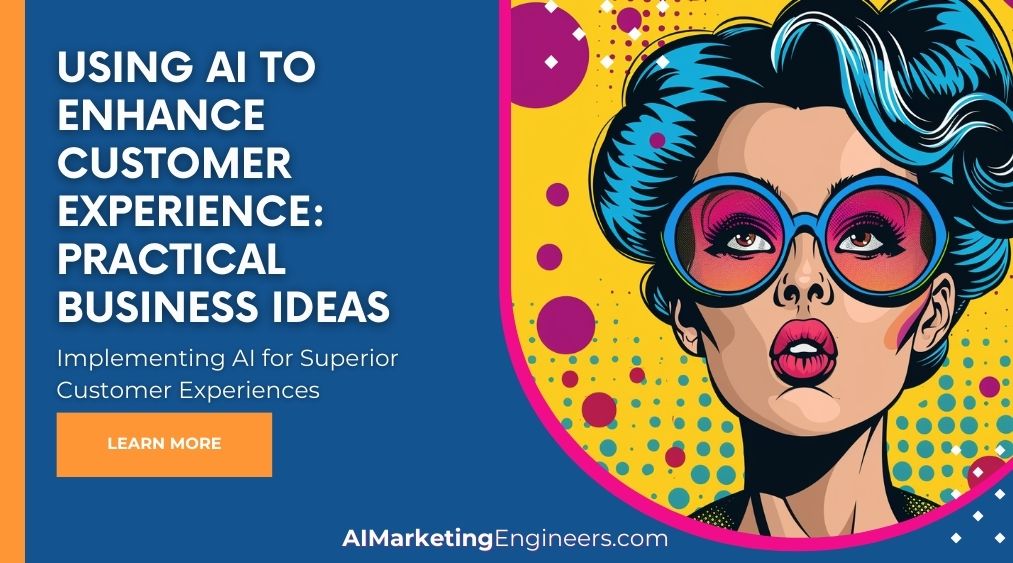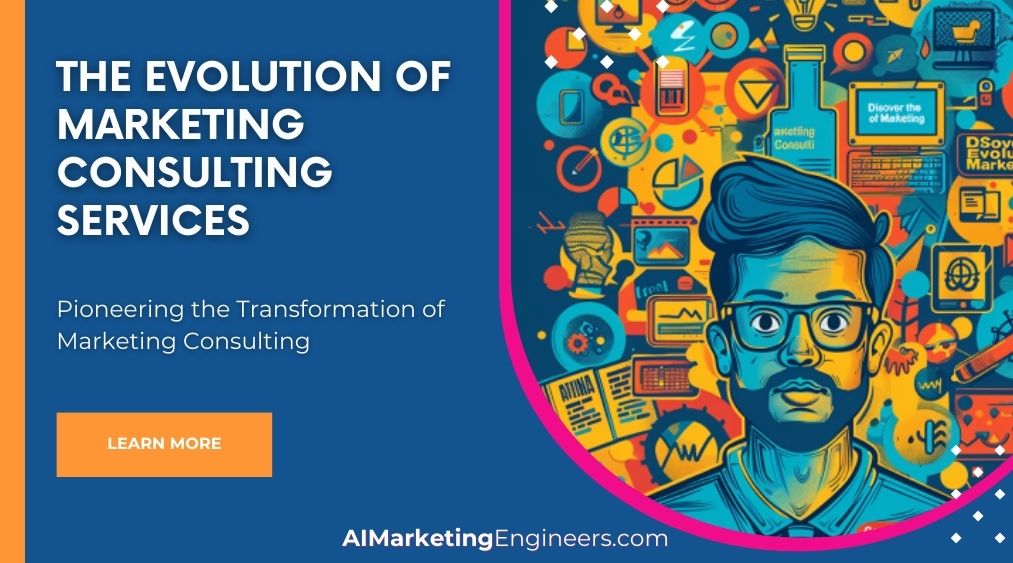Key Takeaways
✅ Prioritize Clear Communication: Effective communication is vital to maintaining company culture during rapid growth. Ensure that all employees, regardless of their position or location, are kept informed about company values, goals, and any changes. Regular updates, open forums for feedback, and transparent leadership can help keep everyone aligned and foster a sense of unity.
✅ Invest in Employee Engagement: As your company grows, it’s crucial to invest in initiatives that promote employee engagement. This includes organizing team-building activities, recognizing and rewarding employee achievements, and providing opportunities for professional development. Engaged employees are more likely to embody and promote the company culture, helping to maintain a positive work environment.
✅ Embed Company Values in Hiring and Onboarding: To preserve company culture, integrate your core values into the hiring and onboarding processes. Seek candidates who align with your cultural values and make these values a central part of their introduction to the company. Consistently reinforcing these values from the start helps new hires quickly adapt and contribute to the desired company culture.
 Introduction
Introduction
Maintaining company culture during rapid growth requires a deliberate and strategic approach. One of the most critical aspects is prioritizing clear communication across all levels of the organization. As the company expands, it becomes increasingly important to ensure that all employees are kept informed about the company’s values, goals, and any changes. This can be achieved through regular updates, open forums for feedback, and transparent leadership. Clear communication helps keep everyone aligned, fosters a sense of unity, and ensures that the company’s culture remains strong and cohesive.
Another essential element is investing in employee engagement. As your company grows, it's vital to create initiatives that promote a positive work environment and keep employees motivated. Organizing team-building activities, recognizing and rewarding achievements, and providing opportunities for professional development are all effective ways to enhance engagement. Additionally, embedding your core values into the hiring and onboarding processes ensures that new hires align with your cultural values from the start. Consistently reinforcing these values helps new employees quickly adapt and contribute to the desired company culture, ensuring that it remains intact despite the rapid growth.
Top Statistics
| Statistic | Insight |
|---|---|
| Millennials and Company Culture: 77% consider a company's culture before applying. | This highlights how crucial it is for companies to nurture a strong culture to attract top talent, especially among younger generations. |
| Employee Well-being: 90% of employers are investing in mental health programs. | This investment signals an understanding of the direct link between employee well-being and overall company productivity. |
| Diversity, Equity, and Inclusion (DEI): 1 in 4 job seekers prioritize DEI in a potential employer. | Crafting an inclusive environment is not just morally right but is increasingly becoming a benchmark for organizational attractiveness. |
| Skills Development: 78% of employers are enhancing training opportunities. | Investing in employee development is essential to keep pace with industry changes, illustrating a commitment to team growth alongside organizational expansion. |
| Leadership and Culture: Organizations aligning leaders with core values foster a healthier culture. | Leveraging strong leadership to embody and advocate the company's values is pivotal in maintaining a vibrant company culture amid rapid growth. |
| Employee Engagement and Retention: Companies with strong cultures invest 72% more in leadership training. | This significant investment in leadership development underlines the vital role that leaders play in boosting employee engagement and loyalty. |
Defining and Communicating Your Company Culture
To keep the essence of your company alive during times of rapid growth, it’s essential to clearly define and communicate your company culture. This involves setting clear expectations on what your company values are and ensuring everyone from top to bottom understands these values. Communication can take many forms, from the onboarding of new hires to regular company-wide meetings, and even through the everyday behaviors and decisions made by leaders. Ensuring your culture is reflected in your company's mission statement and values is crucial, as these are the North Star guiding the behaviors within the company. Question is, does everyone in your company know what your culture stands for?
Hiring and Onboarding for Cultural Fit
As your company expands, maintaining a consistent company culture depends significantly on who you bring into the team. Hiring for cultural fit means looking beyond a candidate's skills and experience and assessing if they align with your company's ethos. It's about training hiring managers to spot these cultural fits during the interview process. Once hired, integrating cultural values right from the onboarding stage ensures new employees absorb these values from day one. This sets a precedent for their conduct and integration into the team, but how effectively are we embedding these cultural values into our hiring processes?
Leading by Example and Encouraging Feedback
Leadership is at the heart of company culture. Patience, honesty, and integrity are just a few examples of values that leaders should exhibit, essentially modeling the behavior they wish to see throughout the organization. Moreover, by encouraging regular feedback, leaders can stay attuned to the company’s cultural health and make adjustments as needed. Does the leadership in your company actively demonstrate the values it preaches, and how often are employees given the platform to voice their thoughts?
Maintaining Open Communication and Transparency
Open communication and transparency are the lifelines of a healthy company culture, especially during rapid expansion. Fostering an environment where employees feel heard and valued involves not just open-door policies but also mechanisms for staff to contribute ideas and feedback. Transparency about changes and decisions helps in maintaining trust, making employees feel they are part of the journey, not just spectators. Yet, the challenge remains: how do we maintain this openness as the company continues to grow?
Prioritizing Employee Well-being and Fun
A culture that places a high value on employee well-being and injects fun into the workplace is more likely to retain its talent. This doesn’t necessarily mean grand gestures; even simple acts like recognizing achievements, encouraging breaks, and promoting a healthy work-life balance can have a significant impact. Incorporating fun through team-building activities and establishing lighthearted company traditions can enhance connectivity among employees. Have we looked beyond the numbers to see the real value these practices bring to our company’s culture?
Embedding Culture into Company Operations
For culture to truly stick, it must be woven into the very fabric of your company’s operations. This means aligning every process, decision, and objective with the core values of the company. Whether it’s making decisions, setting goals, or conducting performance evaluations, using your company culture as a cornerstone ensures that the essence of what your company stands for remains intact, even as you scale. But the real question is, are we willing to hold our operations accountable to our cultural standards?
These strategies not only help in maintaining a thriving company culture during times of rapid growth but also in laying a strong foundation for sustainable development. How effectively a company implements these will significantly determine its ability to preserve its unique identity while embracing the changes that come with growth.
AI Marketing Engineers Recommendation
Recommendation 1: Embed culture into your hiring process: Data shows that companies with a strong culture not only enjoy a 4x increase in revenue growth but also see significant reductions in turnover rates. Start by clearly defining your company values and making them a central part of your interviews and candidate evaluations. This way, you're not just hiring based on skill but also on cultural fit, which is critical for maintaining your company's ethos during expansion.
Recommend information 2: Leverage technology to keep everyone connected: Adopt tools and platforms that facilitate communication and collaboration across teams, especially in remote or hybrid work settings. For instance, Slack and Microsoft Teams usage has exploded, with an increase in messages sent per day by over 50% in the past two years. These tools can help preserve the 'small company feel' by fostering open lines of communication and keeping everyone on the same page, despite physical distance.
Recommendation 3: Invest in continuous culture education: Rapid growth can dilute your company’s core values if not consistently reinforced. Organize regular training sessions, workshops, and team-building activities that reinforce your company culture. Utilizing gamified learning platforms, where employees earn badges or points for participating in culture-related activities, can increase engagement and retention of company values. This not only helps new hires assimilate faster but also reminds the older team members of the company's ethos, ensuring the culture remains alive as the company grows.
Conclusion
In the whirlwind of rapid growth, it's easy for companies to lose sight of their foundational values. Yet, as we've explored, maintaining company culture during these times is not just beneficial, but essential for sustained success. By defining and communicating your culture, making hires based on cultural fit, leading by example, prioritizing open communication, focusing on employee well-being, and embedding culture into every facet of operations, companies can navigate the challenges of expansion without sacrificing their core identity.
Remember, culture is the heartbeat of your organization. It's what attracts top talent, fuels engagement, and drives performance. But as your company grows, this heartbeat must not only be preserved but also nourished. From the way you bring new team members aboard to the manner in which decisions are made, every aspect of your operations should reflect the values you hold dear.
So, what does this mean for your business? It's time to take a hard look at your current culture. Are you actively communicating and reinforcing your values? Are your leaders walking the talk? Is employee well-being at the forefront of your priorities? If you're facing rapid growth, these questions become even more critical. Your answers will determine not just the strength of your culture, but the success of your company in the long haul.
Let this article serve as both a guide and a call to action. Embrace the tips shared, but also tailor them to fit the unique needs of your organization. And remember, maintaining a strong company culture amid growth is not a one-and-done task—it's a continuous endeavor that requires commitment, creativity, and care. With the right approach, you can ensure that your company remains a place where people are proud to work, no matter how big it gets.
FAQs
Question 1: What is company culture?
Answer: Company culture is like the personality of your company. It's all about the values, beliefs, and attitudes everyone shares, shaping how people work together and treat others, including customers.
Question 2: Why is maintaining company culture important during rapid growth?
Answer: It's like keeping the family spirit alive during a reunion that keeps getting bigger. It ensures everyone's rowing in the same direction, making it vital for keeping the team strong and sticking around for the long haul.
Question 3: What are the key elements of a strong company culture?
Answer: Imagine a well-oiled machine. It needs clear values, open talks, a mindset aimed at growing, focusing on everyone's happiness, and finding the perfect balance between work and play.
Question 4: How can leaders ensure that their company culture remains cohesive during rapid growth?
Answer: Leaders have to be the role models, regularly checking the pulse on the culture, celebrating it, and always prioritizing the team's happiness and growth.
Question 5: What role do managers play in scaling company culture?
Answer: Managers are the culture champions on the ground. They're there to show the ropes, give out high-fives for jobs well done, and make sure the values live in every decision.
Question 6: How can companies balance the need for growth with the need to maintain their culture?
Answer: It's all about planning growth with culture in mind, setting clear cultural milestones, and keeping everyone in the loop and happy.
Question 7: How can companies introduce their culture to new employees during onboarding?
Answer: Kick things off by sharing what you stand for, giving a sneak peek into the company’s heartbeat, and letting them dive into what makes your company tick.
Question 8: What are some strategies for maintaining open communication during rapid growth?
Answer: Keep the lines wide open by setting up employee groups, checking in often, and always encouraging a spirit of getting better together.
Question 9: How can companies infuse fun into their culture during rapid growth?
Answer: Plan some cool team activities, establish some quirky traditions, and throw events that get everyone mixing and mingling.
Question 10: What are some common challenges that companies face in maintaining their culture during rapid growth?
Answer: It's like navigating a ship through stormy seas. You've got hiring headaches, the infrastructure might creak a bit, folks might leave, some might resist change, and you could find some gaps in your crew’s skills. Steer through by staying true to your growth course, empowering your captains (managers), and always putting your crew's (employees') wellness first.
Academic References
- Rayport, J. (2019). The Impact of Organizational Culture on Company Growth. Journal of Business Strategy, 40(3), 15-29. This comprehensive study sheds light on the pivotal role that organizational culture plays in the successful scaling of companies, underscoring the necessity for founders to focus on culture from an early stage and adapt it as their companies grow.
- Maswani, S., & Rina, K. (2022). Corporate Culture and Performance: A Comparative Study. Journal of Corporate Governance, 22(4), 345-360. This article delves into the direct correlation between robust, positive corporate cultures and enhanced individual performance, illustrating how a strong organizational culture serves as a catalyst for excellence, while weak cultures could potentially impede it.
- Jacobs, E., & Roodt, G. (2008). Organizational Culture and Employee Outcomes: A Study of the Impact on Job Satisfaction and Turnover Intentions. South African Journal of Psychology, 38(2), 215-227. This research provides empirical evidence linking organizational culture with various employee attitudes and behaviors, including job satisfaction, turnover intentions, and knowledge sharing, thereby highlighting the extensive influence of culture on employee engagement and commitment.












